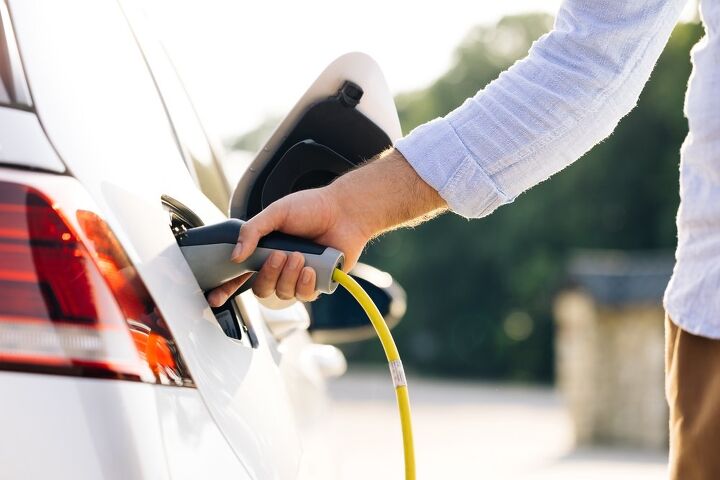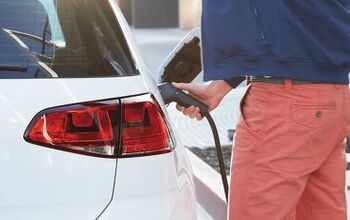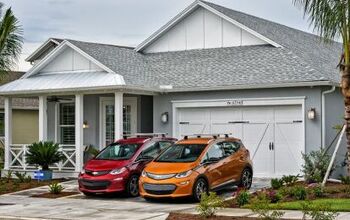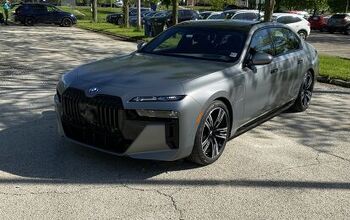Are Electric Cars Really Helping the Environment?
A recent study by the Keck School of Medicine of USC provides new insights into the potential benefits of electric vehicle (EV) adoption. The research, published in the Science of the Total Environment journal, presents the first real-world data linking EVs to reductions in air pollution and respiratory issues. This study marks a significant step in understanding the impact of electric cars on public health and the environment.
Understanding the Impact: Research Methodology
The researchers used multiple data sources to conduct their analysis. They gathered information on the total number of zero-emission vehicles (ZEVs), which include battery electric, plug-in hybrid, and hydrogen fuel cell cars, from the California Department of Motor Vehicles. The team also analyzed air pollution levels, focusing on nitrogen dioxide (NO2), and the rates of asthma-related emergency room visits across various California zip codes from 2013 to 2019.
Findings: Reduced Pollution and Health Risks
The results revealed a clear pattern: As the adoption of ZEVs increased within a zip code, there was a notable decline in local air pollution and asthma-related emergency room visits. Specifically, for every additional 20 ZEVs per 1,000 people, there was a 3.2 percent reduction in the rate of asthma-related emergency visits. Furthermore, the study showed a modest decrease in NO2 levels, a pollutant closely linked to traffic emissions.
Socioeconomic Disparities in ZEV Adoption
However, the study uncovered an adoption gap in ZEVs, with slower uptake in lower-resource areas. This gap highlights a need for policies that promote equitable access to clean transportation, particularly in communities disproportionately affected by pollution and related health issues.
Future Research and Broader Implications
While the study's findings are promising, the researchers acknowledge that more investigation is needed. Future research should explore additional pollutants, other vehicle classes, and broader environmental impacts of ZEVs, including the emissions from their production and disposal.
Conclusion
The study by the Keck School of Medicine of USC offers another case for the adoption of electric vehicles, not just for environmental reasons but also for public health benefits. It underscores the importance of considering local actions in the global fight against climate change and highlights the potential for significant health improvements through technological advancements in transportation.
This article was co-written using AI and was then heavily edited and optimized by our editorial team.
More by TTAC Staff
Latest Car Reviews
Read moreLatest Product Reviews
Read moreRecent Comments
- MaintenanceCosts "But your author does wonder what the maintenance routine is going to be like on an Italian-German supercar that plays host to a high-revving engine, battery pack, and several electric motors."Probably not much different from the maintenance routine of any other Italian-German supercar with a high-revving engine.
- 28-Cars-Later "The unions" need to not be the UAW and maybe there's a shot. Maybe.
- 2manyvettes I had a Cougar of similar vintage that I bought from my late mother in law. It did not suffer the issues mentioned in this article, but being a Minnesota car it did have some weird issues, like a rusted brake line.(!) I do not remember the mileage of the vehicle, but it left my driveway when the transmission started making unwelcome noises. I traded it for a much newer Ford Fusion that served my daughter well until she finished college.
- TheEndlessEnigma Couple of questions: 1) who will be the service partner for these when Rivian goes Tits Up? 2) What happens with software/operating system support when Rivia goes Tits Up? 3) What happens to the lease when Rivian goes Tits up?
- Richard I loved these cars, I was blessed to own three. My first a red beauty 86. My second was an 87, 2+2, with digital everything. My third an 87, it had been ridden pretty hard when I got it but it served me well for several years. The first two I loved so much. Unfortunately they had fuel injection issue causing them to basically burst into flames. My son was with me at 10 years old when first one went up. I'm holding no grudges. Nissan gave me 1600$ for first one after jumping thru hoops for 3 years. I didn't bother trying with the second. Just wondering if anyone else had similar experience. I still love those cars.


































Comments
Join the conversation